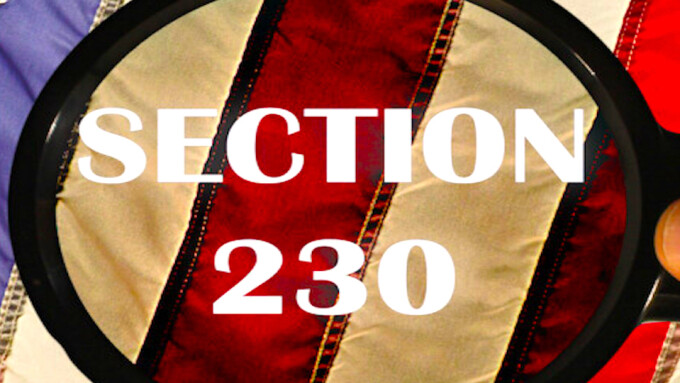PHILADELPHIA — A 3rd Circuit Court of Appeals ruling that a lower court should not have dismissed a case against TikTok has revived concerns about the protections afforded by Section 230, the so-called “First Amendment of the internet.”
The 3rd Circuit ruled that the algorithmic recommendations on TikTok’s For You page constitute an “expressive product” that “communicates to users” that a “curated stream of videos will be interesting to them,” tech news site Ars Technica reported.
Citing a recent Supreme Court ruling, 3rd Circuit Judge Patty Shwartz ruled that a platform’s algorithm reflecting “editorial judgments about compiling the third-party speech it wants in the way it wants” is “not protected by Section 230, which only shields platforms from liability for third-party speech, not platforms’ own speech.”
Under Section 230, internet platforms that host and moderate user-generated content — including adult content — cannot generally be sued for that content. However, Section 230 is not absolute. Writing in 2022, digital rights advocates Evan Greer and Lia Holland of advocacy group Fight for the Future noted, “It does not provide immunity if the platform develops or creates the content.” The court's “expressive product” ruling suggests that algorithmic recommendations constitute such content.
The plaintiffs suing TikTok argued that the platform’s For You page recommended a “Blackout Challenge” video to a child, who then tried the stunt and died.
“This is, of course, horrifying,” wrote Techdirt’s Mike Masnick, who regularly reports on free speech online and Section 230. “But who is to blame?”
Masnick explained that in order to reach its conclusion, the 3rd Circuit “had to intentionally reject a very long list of prior case law on Section 230, misread some Supreme Court precedent, and (trifecta!) misread Section 230 itself.”
“This may be one of the worst Circuit Court opinions I’ve read in a long time,” Masnick added. “It’s definitely way up the list.”
For Masnick, the decision “basically overturns Section 230 for an awful lot of publisher activity.”
“I would imagine (hope?) that TikTok will request an en banc rehearing across all judges on the circuit and that the entire Third Circuit agrees to do so,” he wrote. “At the very least, that would provide a chance for amici to explain how utterly backwards and confused this ruling is.”







